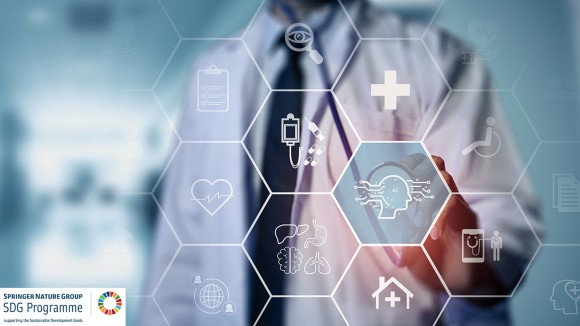This Collection is open for submissions from all authors – and not by invitation only – on the condition that the manuscripts fall within the scope of the Collection and of npj Digital Medicine, npj Precision Oncology and Scientific Reports more generally.
All manuscripts will be considered for publication according to the editorial policies of the specific journal through which they are submitted, namely npj Digital Medicine, npj Precision Oncology and Scientific Reports. Visit Nature portfolio’s Collections guidelines for more details.
When submitting your manuscript to npj Digital Medicine, npj Precision Oncology or Scientific Reports via our online submission system, please choose the appropriate Collection title from the drop-down menu on the submission form. Please be sure to express your interest in the Collection in your cover letter. Please only submit to one journal, but note authors have the option to transfer to another participating journal following the editors’ recommendation.
This Collection has not been supported by sponsorship.

